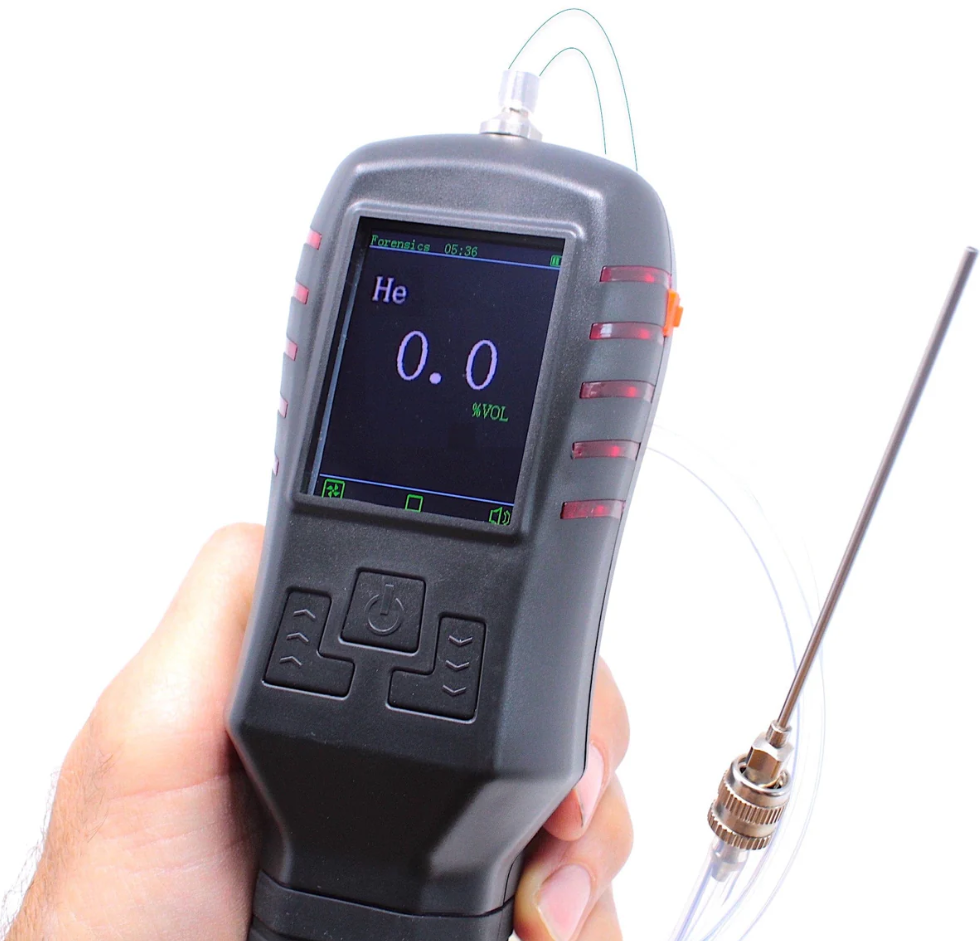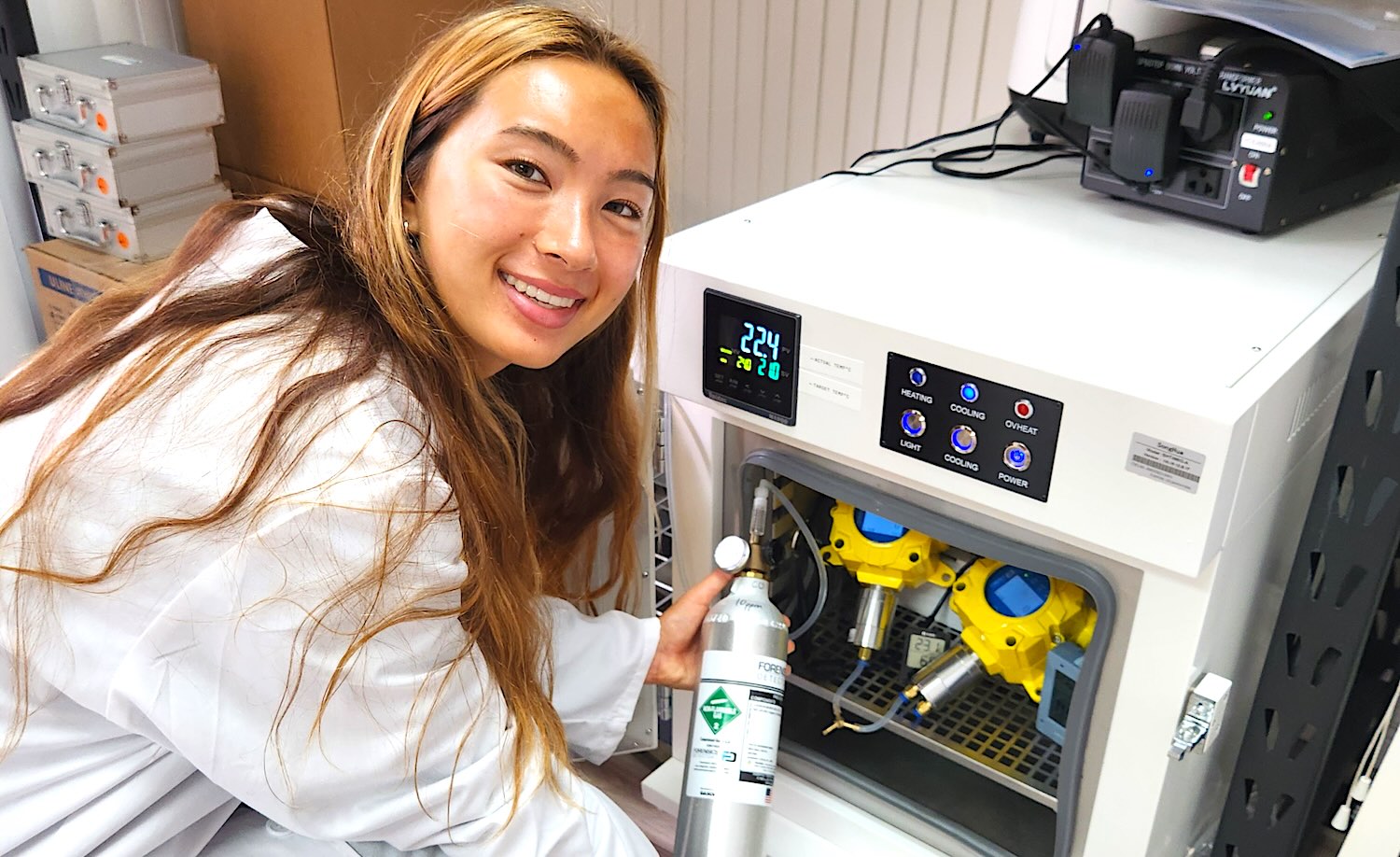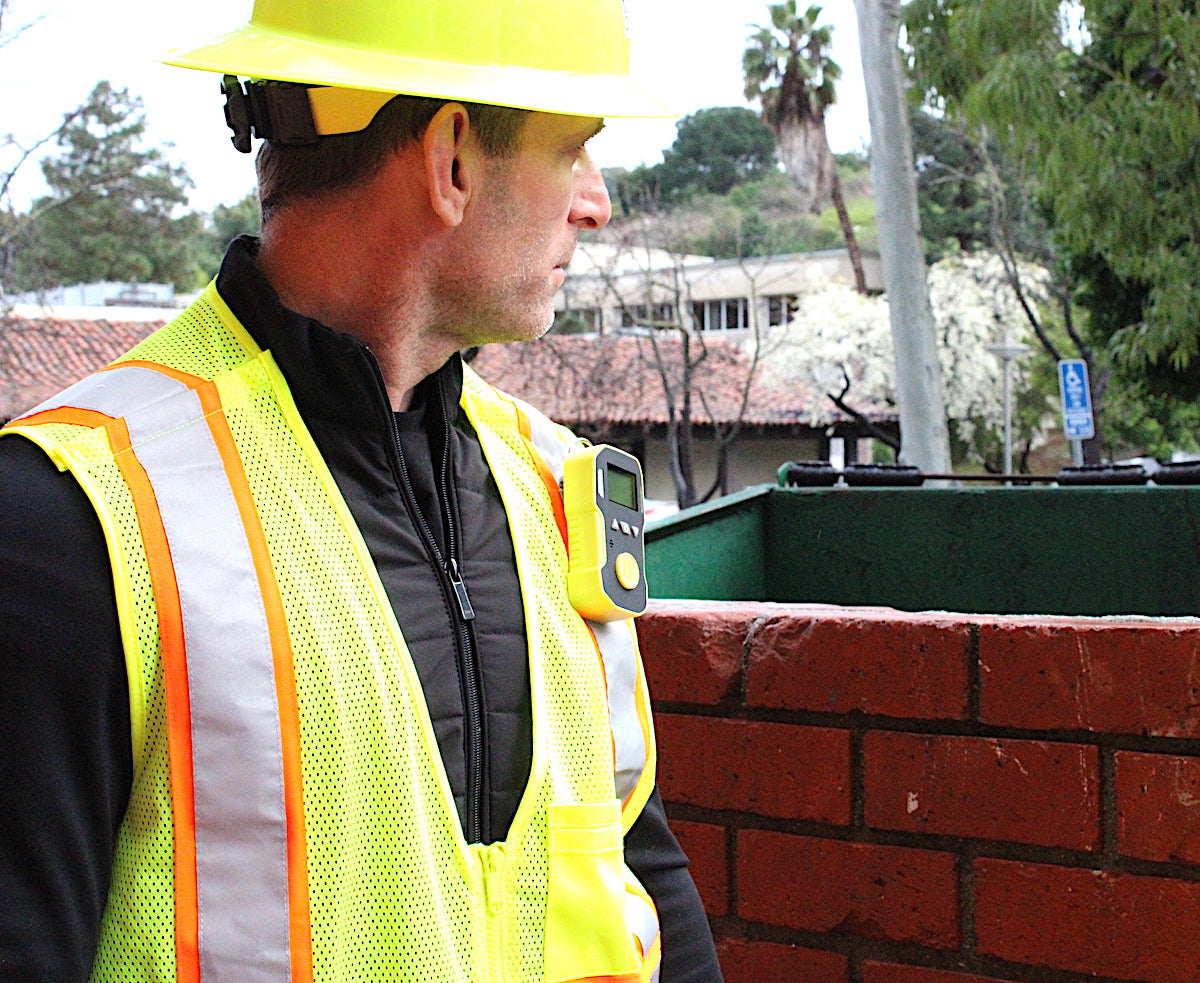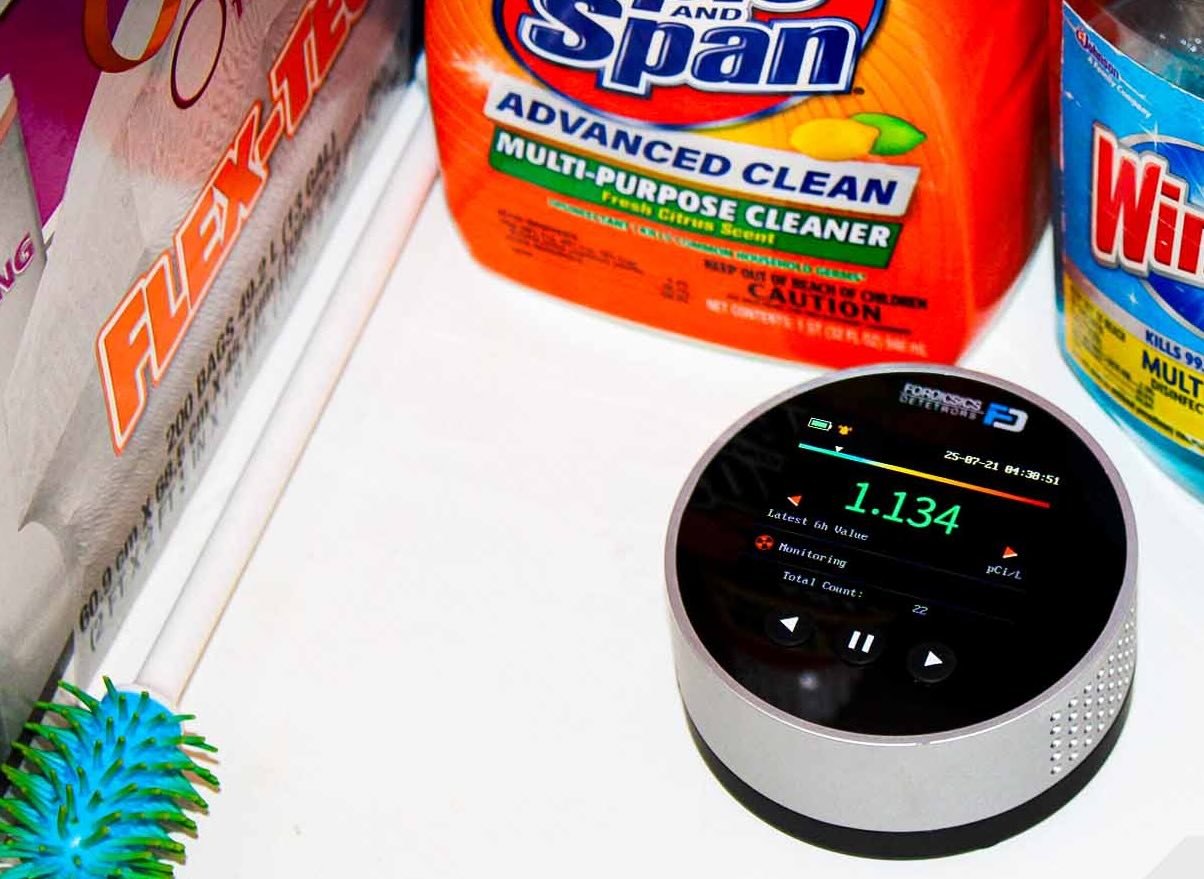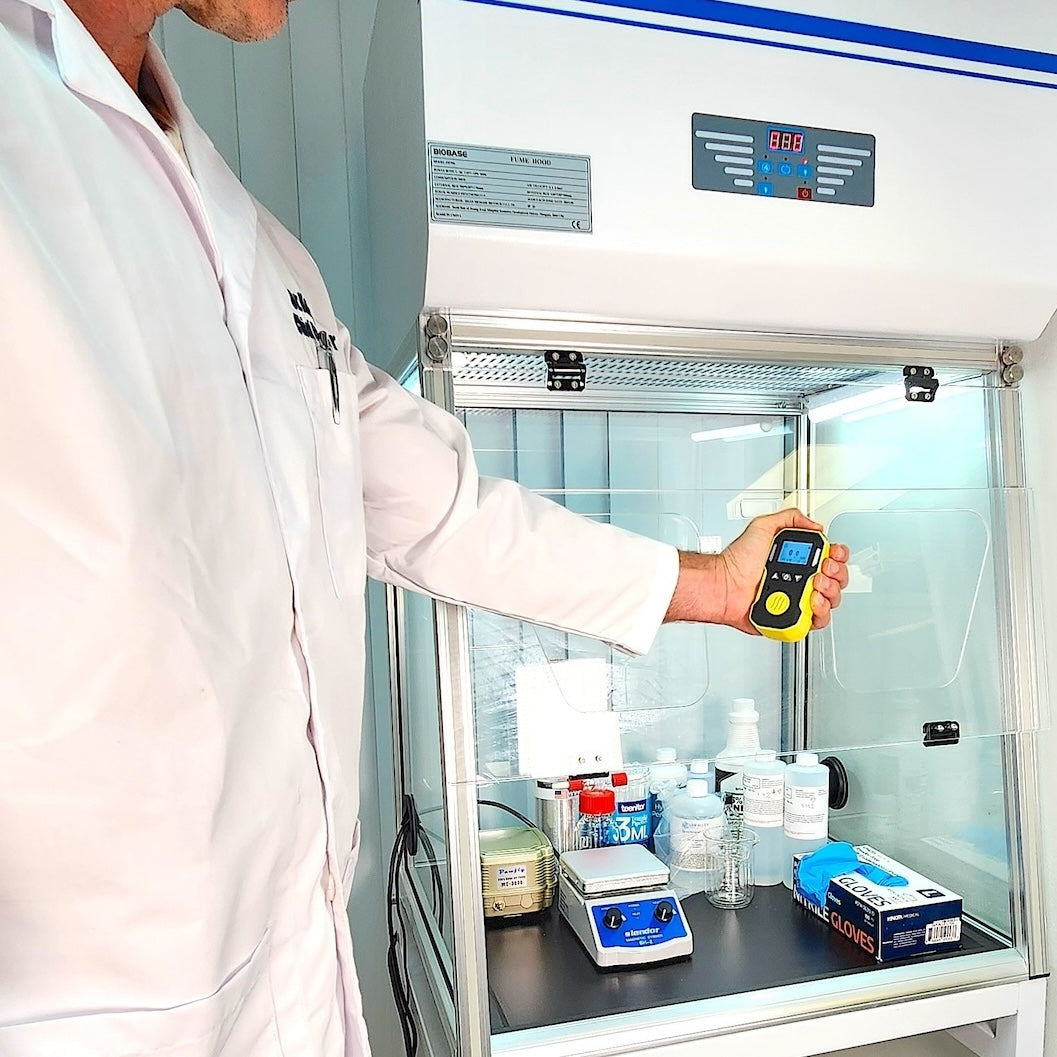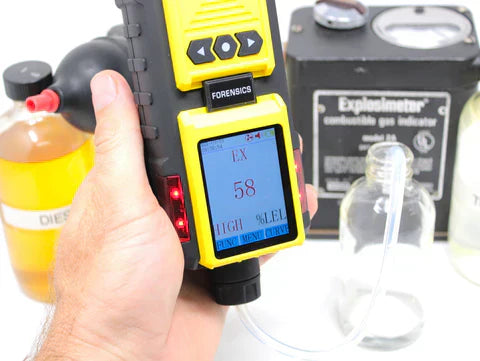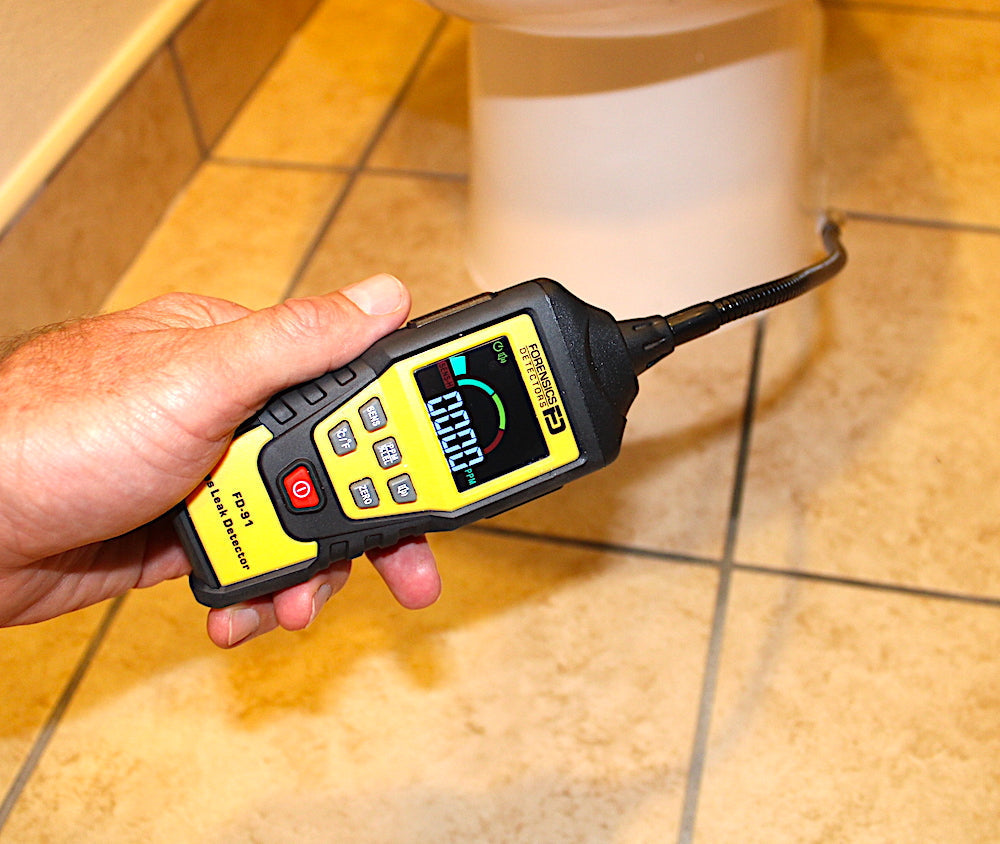Articles
SF6 Gas Detector (Best in 2026)
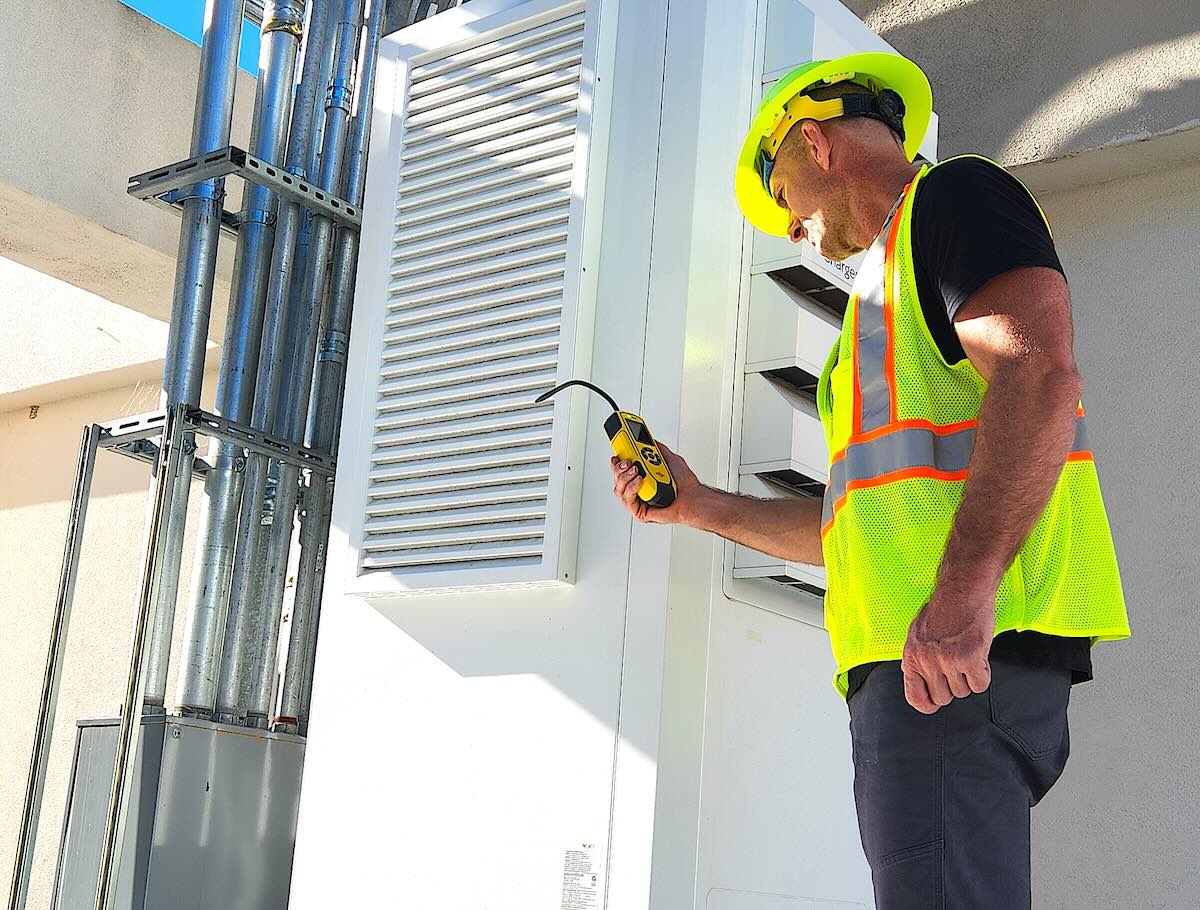
Sulfur hexafluoride (SF6) is a colorless, odorless, non-toxic but potent greenhouse gas widely used in electrical equipment as an insulating medium. With a global warming potential 23,500 times greater than CO2 and an atmospheric lifetime of 3,200 years, monitoring and preventing SF6 leaks is critical for environmental protection and regulatory compliance. SF6 gas detectors serve as essential tools for identifying leaks in high-voltage switchgear, circuit breakers, and other electrical equipment where this gas is commonly used. The SF6 gas detector has become an indispensable instrument for maintenance teams and environmental compliance officers worldwide.
Best Geiger Counter (in 2026)
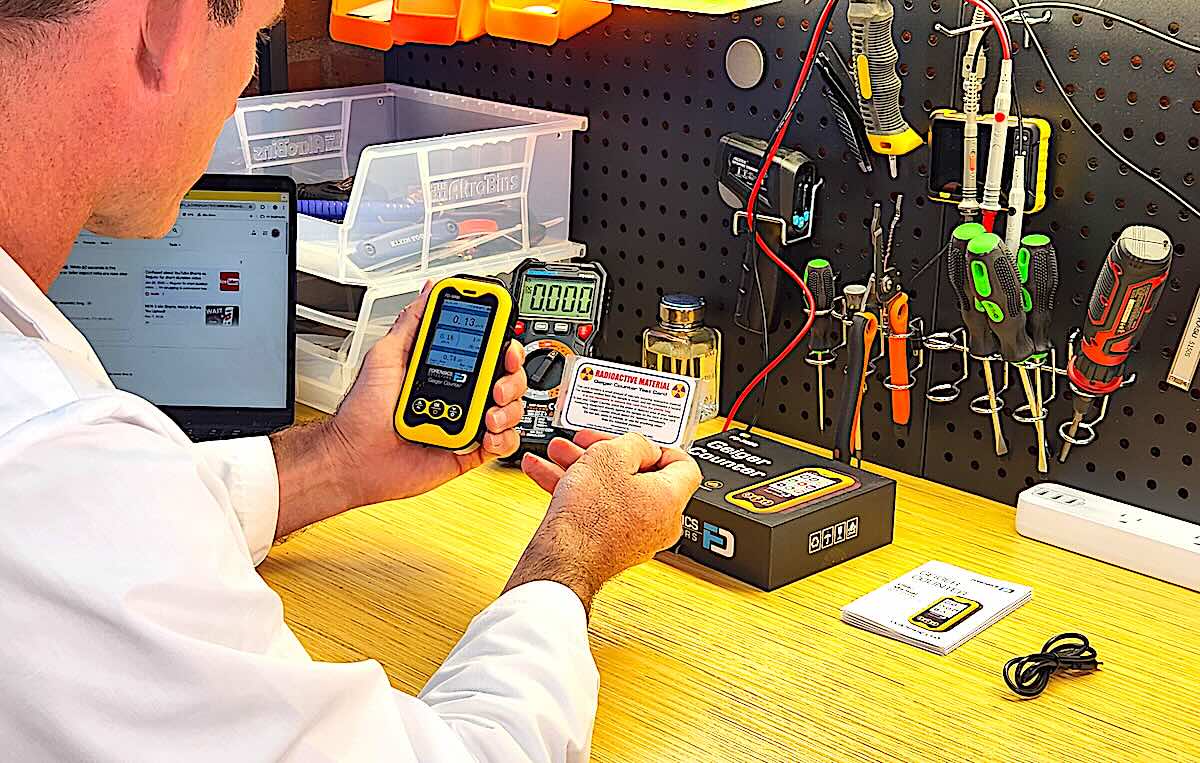
The Geiger counter, a crucial radiation detector and measuring device, enables the detection of potentially harmful ionizing radiation that is imperceptible to human senses. This radiation detector and Geiger counter functions by registering electrical pulses created when radiation particles enter a gas-filled tube, producing the characteristic clicking sound that increases with radiation intensity. The significance of the radiation detector and Geiger counter cannot be overstated in numerous applications—from ensuring safety in nuclear facilities and medical settings to environmental monitoring after nuclear incidents, and enabling scientific research involving radioactive materials. As our most accessible and reliable radiation detector and Geiger counter, these instruments have played a vital role in radiation safety for nearly a century, potentially saving countless lives through early detection of dangerous radiation levels.
Best Phosgene Gas Detector (in 2026)
Best Radon Detector (in 2026)
Calibration Gas Regulators (in 2026)
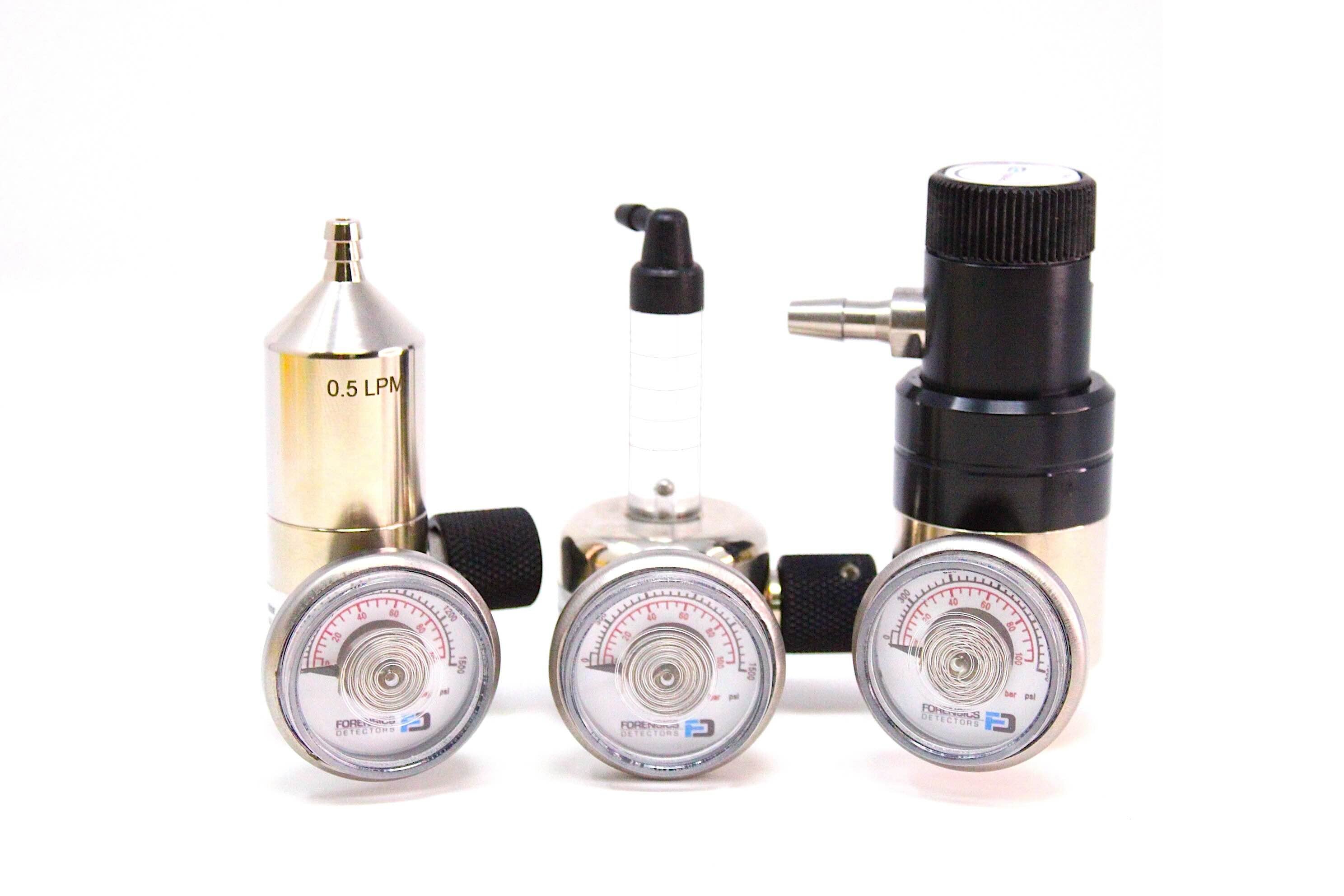
Calibration gas regulators serve as the critical interface between high-pressure gas cylinders and sensitive analytical instruments across industries. The precision of a calibration gas regulator directly impacts measurement accuracy, compliance verification, and safety protocol effectiveness. Selecting the appropriate calibration gas cylinder regulator requires understanding both traditional pressure control principles and emerging smart technologies. This guide examines all aspects of modern calibration gas regulators—from material compatibility and pressure specifications to advanced features like predictive maintenance algorithms and IoT integration. Professionals responsible for instrument calibration will find comprehensive information on selection criteria, operational best practices, and troubleshooting methodologies for these essential precision devices.
Hydrogen Bromide (HBr) Gas Detector (in 2026)
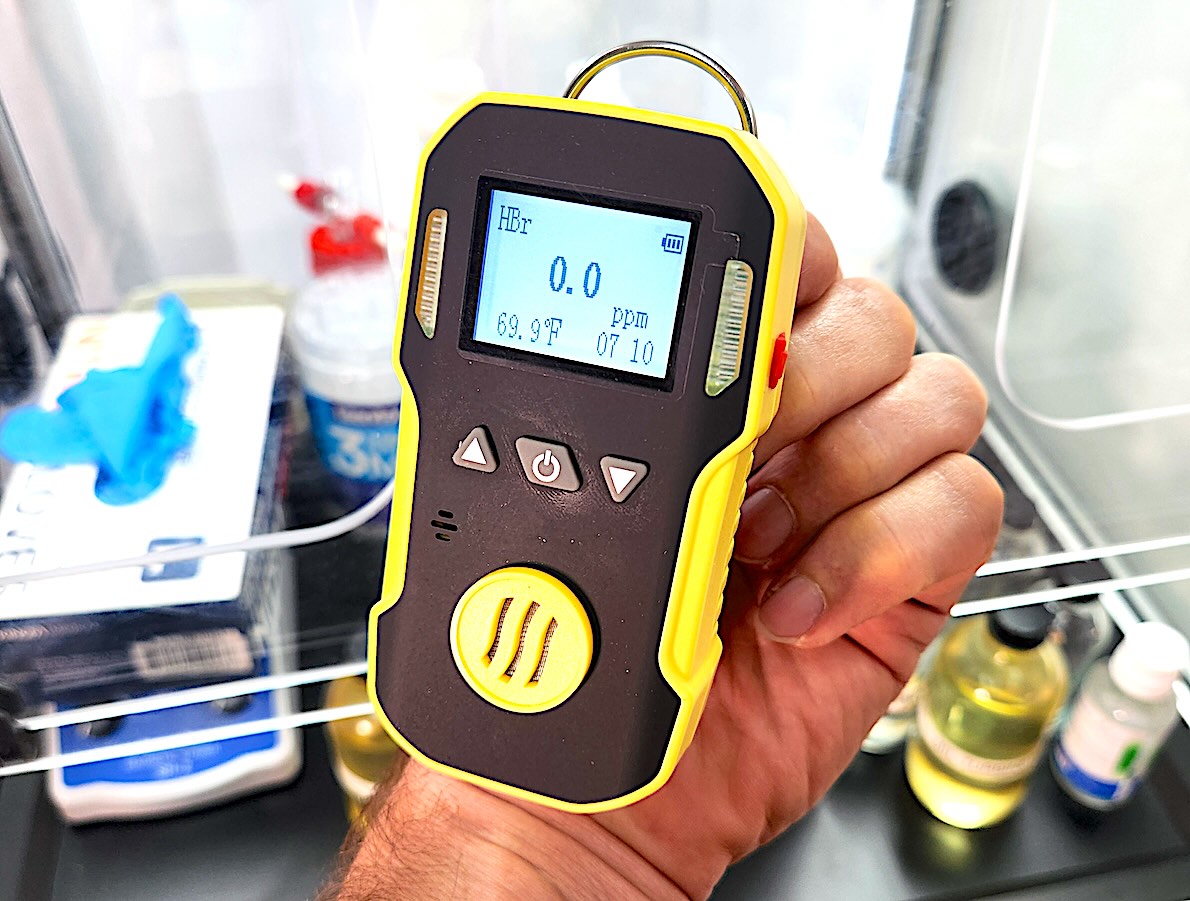
Hydrogen bromide (HBr) is a colorless gas with a sharp, irritating odor that poses significant health and safety risks in various industrial settings. As industries continue to utilize this chemical compound in manufacturing processes, the need for reliable detection systems has become increasingly critical. HBr gas detectors serve as the first line of defense against potential leaks and exposures, providing early warnings that can prevent serious accidents, health complications, and even fatalities. These sophisticated monitoring devices are particularly vital in semiconductor manufacturing,
Germane Gas Detector (in 2026)
Correction Factors for EX LEL Catalytic Bead Sensors
Engine Head Gasket Leak Detector using a CO2 Analyzer
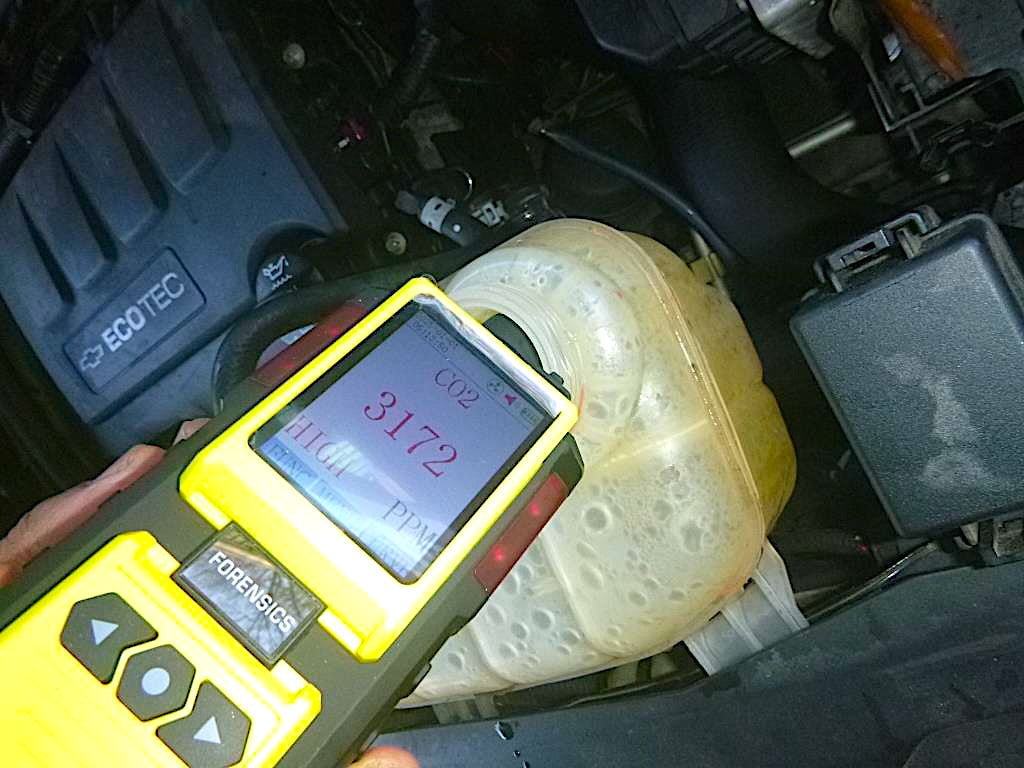
A CO2 electronic handheld gas analyzer is the quickest and easiest way to diagnose combustion gas leaks by head gaskets, cylinder heads, and engine block leaks. The evolution of CO2 analyzers has revolutionized head gasket leak detection in the automotive industry. Detecting head gasket failures through carbon dioxide (CO2) analysis is very effective.
Methyl Ethyl Ketone (MEK) Gas Detector (in 2026)
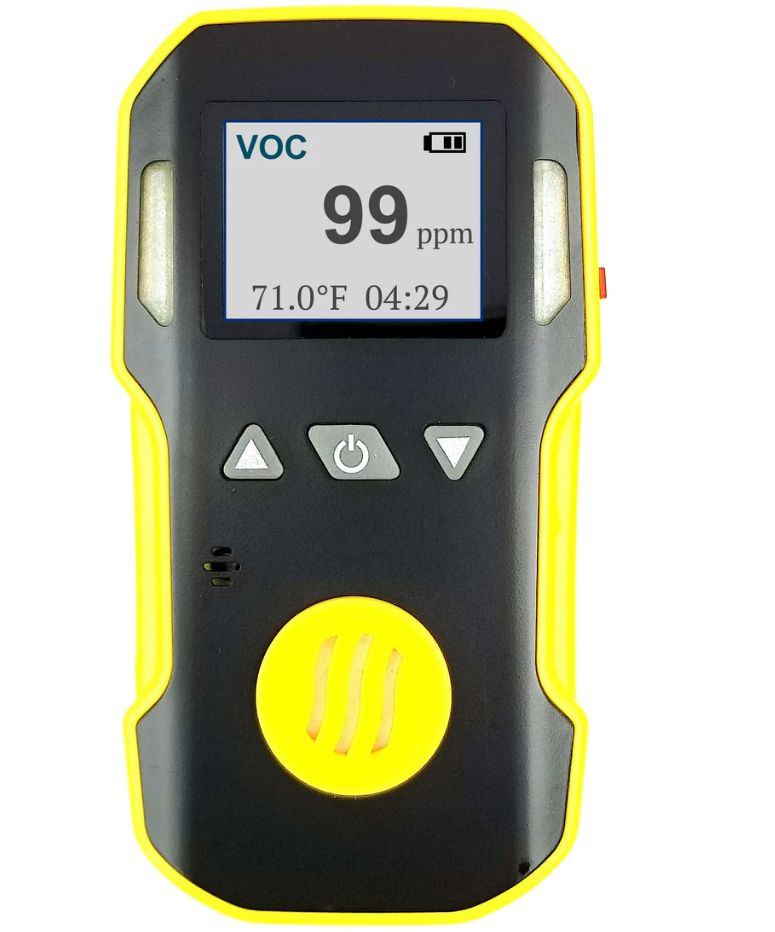
What is a Sewer Gas Detector? (in 2026)
What is an Ammonia Leak Detector? (in 2026)
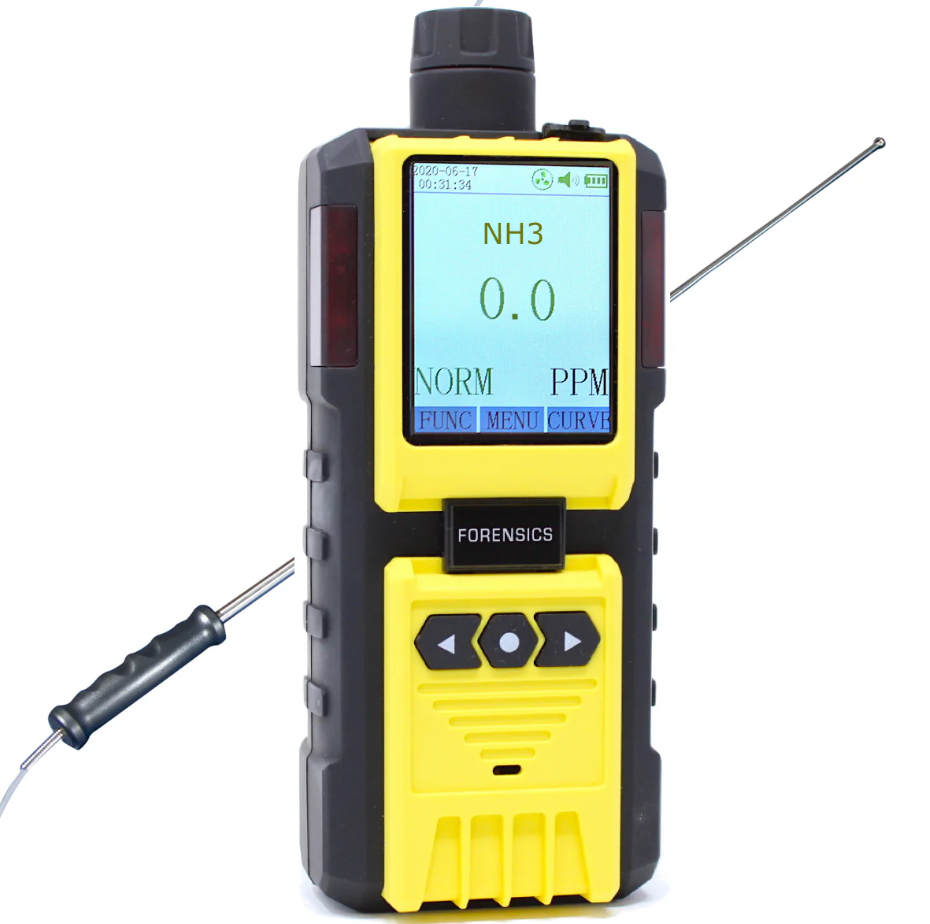
What is a Combustibles Gas Leak Detector? (in 2026)
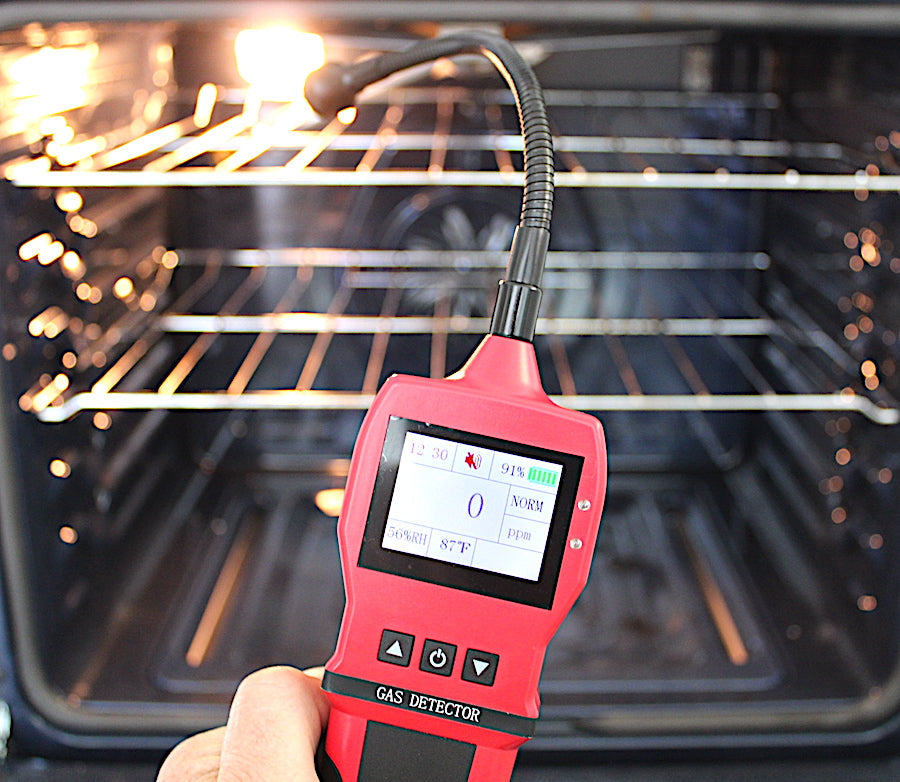
What is a Propane Leak Detector? (in 2026)
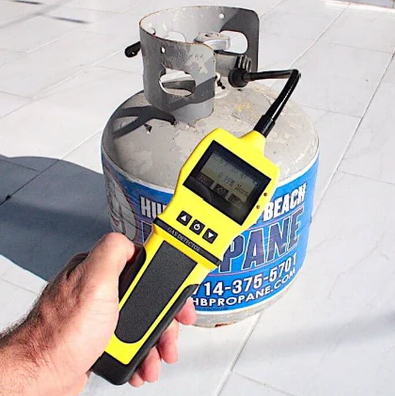
How Does an NDIR CO2 Sensor Work? (Latest in 2026)
Combustible Gas Detectors (Best in 2026)
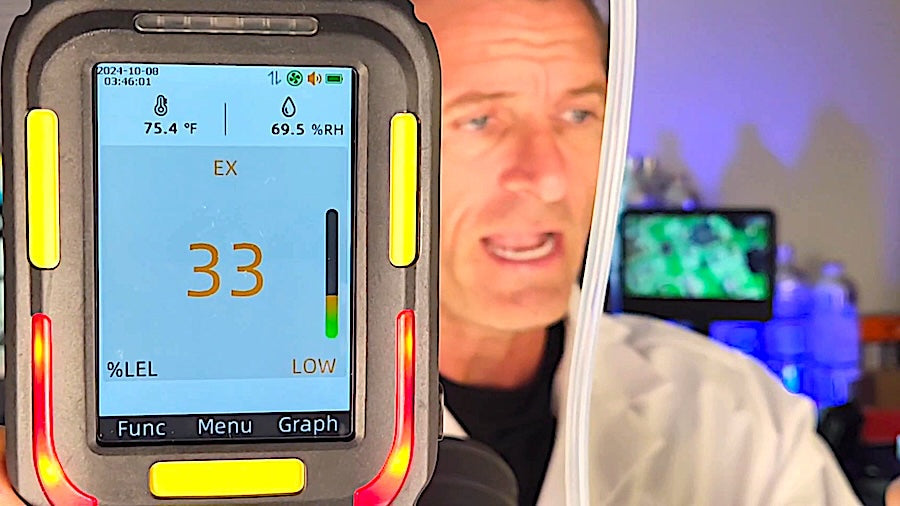
What is a Oxygen Leak Detector? (in 2026)
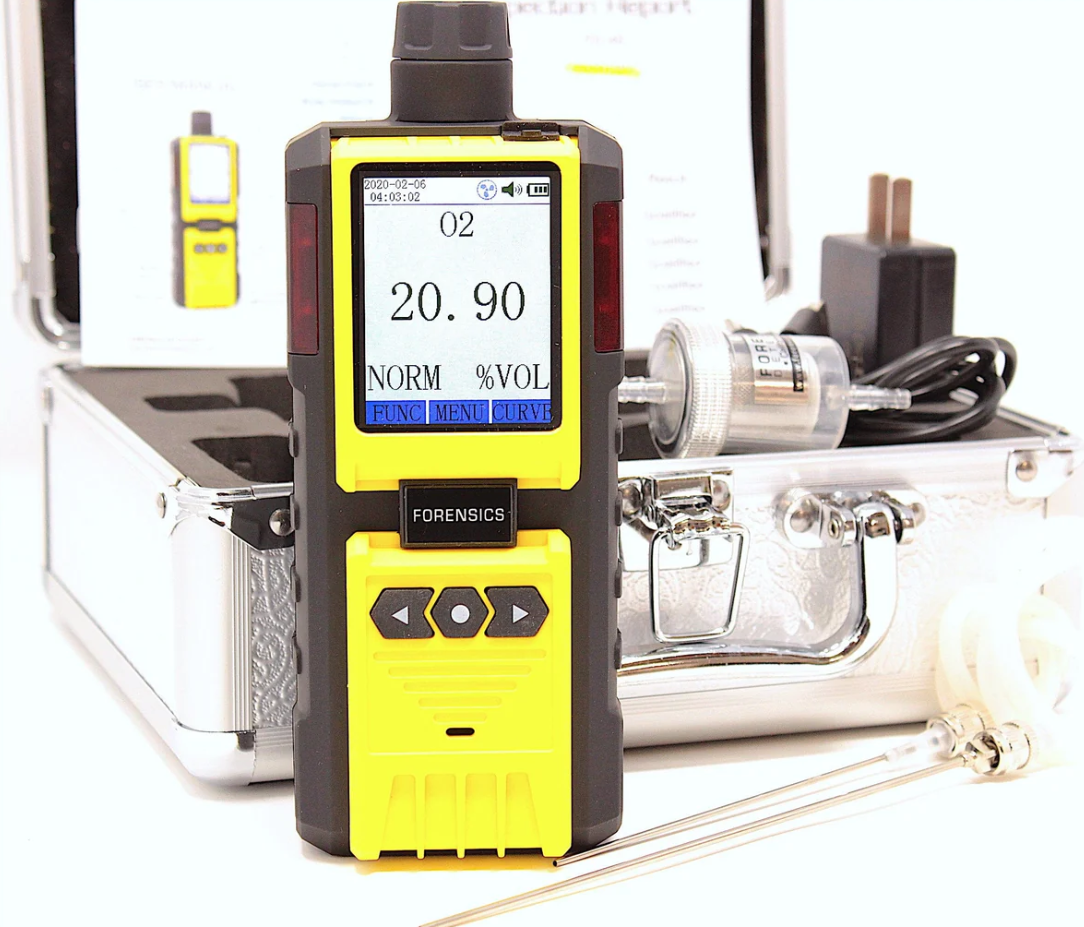
What is a Natural Gas Leak Detector? (in 2026)
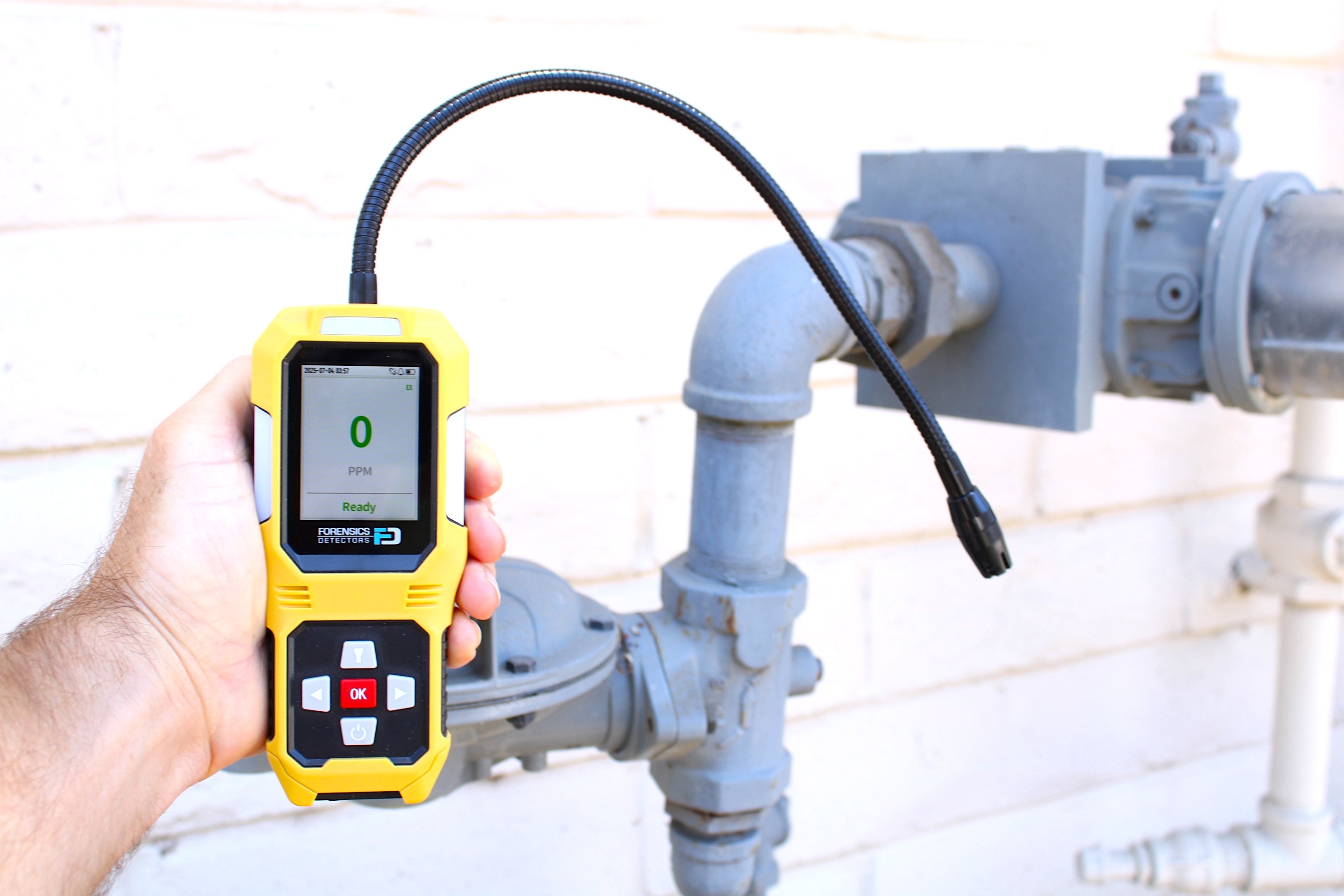
Helium Leak Detector (in 2026)
